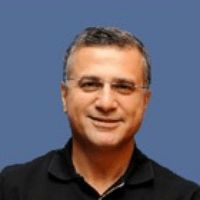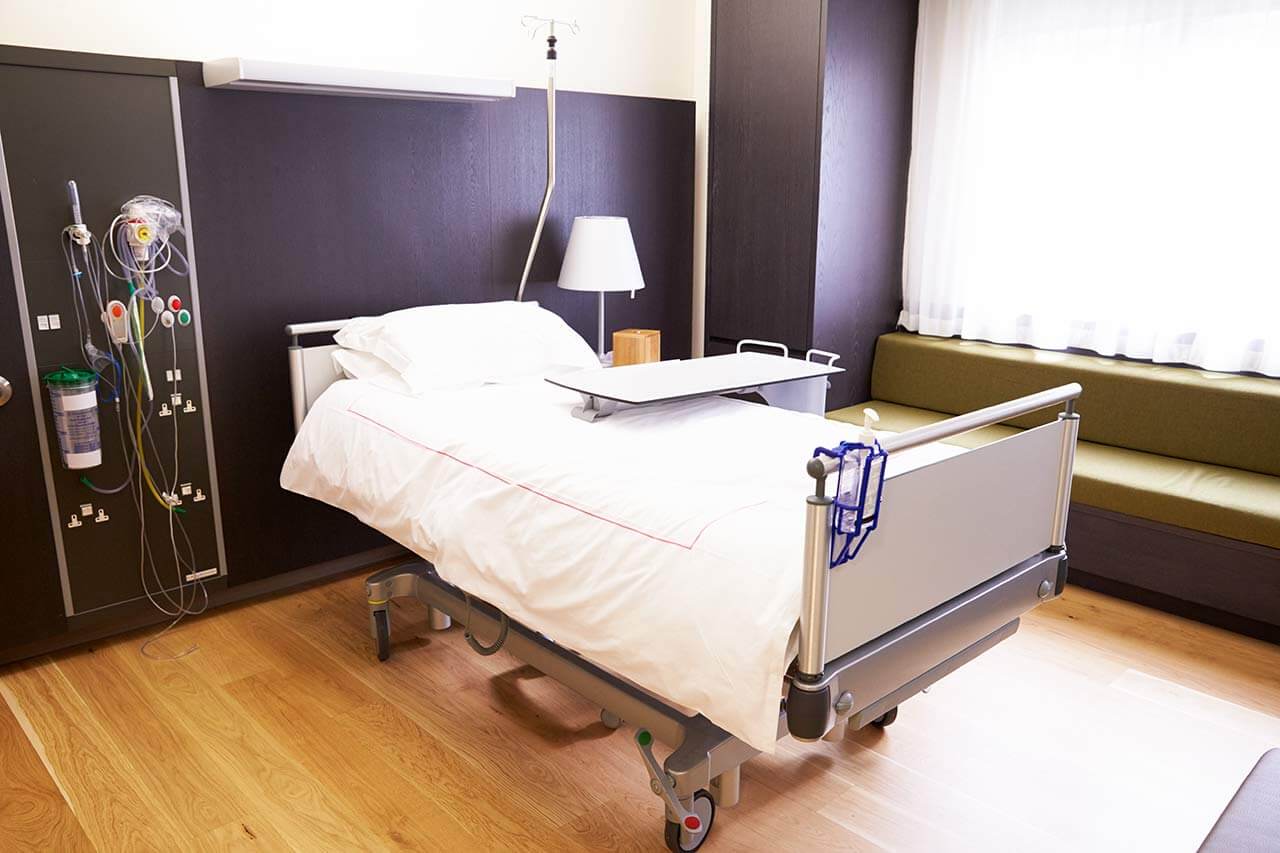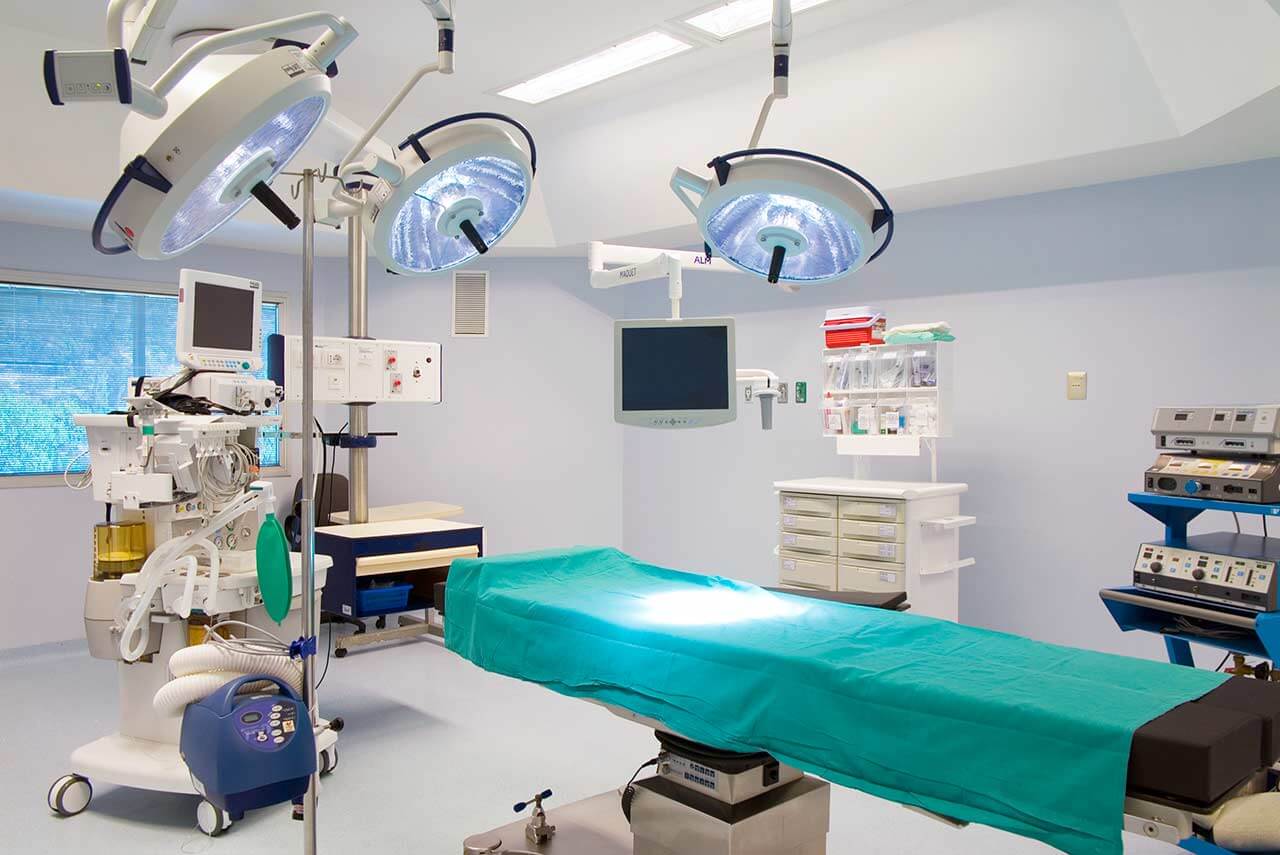
About the Department of In Vitro Fertilization at Tel Aviv Sourasky Medical Center
The Department of In Vitro Fertilization at the Tel Aviv Sourasky Medical Center specializes in in vitro fertilization, which is the most common assisted reproductive technology for couples who cannot have children due to hormonal imbalance, poor sperm quality, or infertility of unknown origin. It should be noted that the center is one of the largest in Israel and one of the most progressive in the world. The department's specialists annually manage to achieve more than 200 pregnancies using IVF procedure. Thousands of families treated in this center gave birth to healthy children and found the happiness of motherhood. The department is headed by Prof. Dr. med. Foad Azem.
A comprehensive examination of the infertile couple prior to the IVF procedure is carried out in accordance with advanced international standards and includes a scrupulous medical history taking, laboratory tests, instrumental diagnostics and the resolution of certain legal issues.
The in vitro fertilization is the process of fertilization of eggs within the laboratory, outside the woman's body, and reintroduction of the embryo into the uterus. The IVF is usually used in case of organic causes, which prevent the egg and sperm merging, for example, obstruction of the fallopian tubes, lack of ovulation due to hormonal imbalance or reduced sperm viability. The IVF process includes 5 main stages:
- Stimulation of superovulation and its monitoring using blood tests and ultrasound scans
- Oocyte retrieval from the patient's ovaries
- Sperm acquisition from a partner or donor
- Incubation of eggs with sperm in optimal laboratory conditions for the fertilization of eggs and development of the embryo
- Reintroduction of the embryo into the uterus when the embryo contains 4-8 cells (usually 2-5 days after fertilization)
In addition to the provision of the full range of IVF services, the center specializes in such services as assisted methods of egg fertilization (for example, ICSI), cryopreservation of embryos, cells and tissues, as well as cooperation with a Sperm Bank. The IVF laboratories also conduct PGD (preimplantation genetic diagnosis): genetic testing of one cell obtained by microsurgery from an 8-cell embryo. This diagnostics is used in order to avoid the introduction of embryos with genetic mutations to women.
The department's range of medical services includes:
- Comprehensive diagnostics of a married couple for the determination of the causes of infertility
- IVF
- Assisted methods of egg fertilization
- Cryopreservation of embryos and eggs
- Services of the Sperm Bank
- Other services
Curriculum vitae
Education
- Medical School at the Hebrew University.
Continuing Education
- Reproductive Endocrinology, Yale University.
Clinical Focuses
- Reproductive medicine.
- IVF.
- Fertility preservation.
Memberships in Professional Societies
- Since 1984 Israel Medical Association.
- Since 1990 Israel Fertility Association.
- Since 1991 Israel Society of Obstetrics and Gynecology.
- Since 1994 American Society of Reproductive Medicine.
- Since 2000 European Society of Human Reproduction and Embryology.
- 2004 - 2007 Elected Member of the Israel Fertility Society.
- Since 2007 International Society for Fertility Preservation.
- Since 2006 Society of Reproductive Surgeons, USA.
- Since 2011 Member of the National Committee for Human Medical Research.
- Since 2013 Member of the National Council of Gynecology, Neonatology and Genetics.
- Since 2013 President of the Israel Fertility Association.
Photo of the doctor: (c) Tel Aviv Sourasky Medical Center





